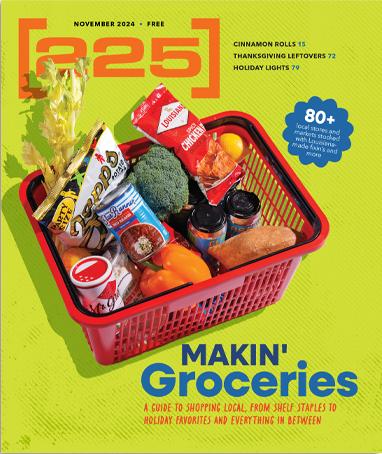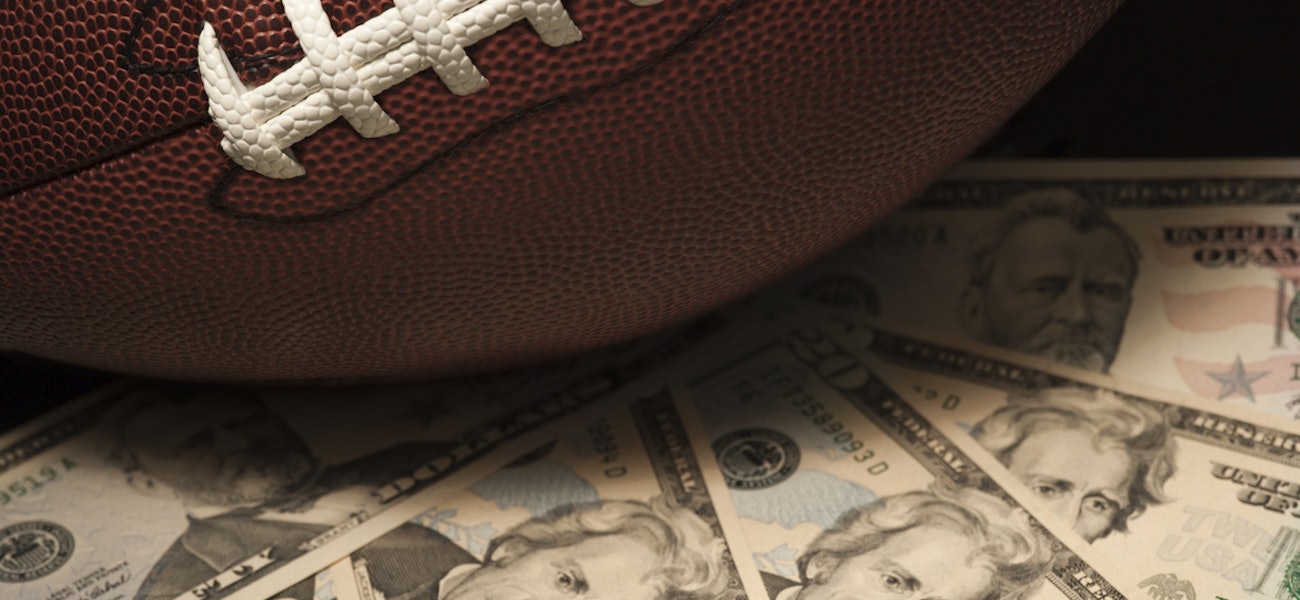A large number of NCAA student-athletes, including many at LSU, are from outside of the United States, meaning visa restrictions may prevent them from taking advantage of the same name, image and likeness (or NIL) rules afforded their teammates.
LSU hosts 48 international student-athletes out of its 500 total. Some of those 48 have been approached to sign NIL deals, says Cody Worsham, strategic communications director for LSU athletics, but have not been able to sign.
The problem starts with F-1 visas, a type of visa that the majority of student-athletes hold. In order to maintain F-1 status, students must be enrolled full time, which means 12 hours per semester for many universities, FiveThirtyEight reports.
These students are also only allowed to do four types of paid work: on campus, off campus for economic hardship, curricular practical training, which is basically a paid internship in the student’s field of study, and optional practical training.
NIL payments do not appear to be covered under any of these allowed types of work and the potential consequences of taking part in a deal could result in deportation.
The LSU athletic department’s policy, which is similar to other universities, is to send international students who have been approached about deals to the international student office for consultation, as Worsham says the office has experts to deal with such matters.
International students with green cards, who can live and work in the United States permanently, or students based in their home countries seem to be afforded more leniency when it comes to NIL rules, however.
“There’s apparently some reasoning that they could possibly do NIL deals if based in their home country,” Worsham says. “We’ve had a couple approached about that, and they’ve taken it to the international office.”
|
|
|
The office is still working through what that would mean, he says, and it’s a visa issue, which makes it complicated.
Future versions of NIL policy could address the rights of international students, but the longer policymakers wait, the more money students give up. Opendorse, an athlete marketing platform, estimates that the 20,000 international student-athletes based in the United States have missed out on as much as $7.82 million in potential earnings since NIL rules were enacted in July.
This story originally appeared in a Monday, Nov. 15, edition of Daily Report. To keep up with Baton Rouge business and politics, subscribe to the free Daily Report e-newsletter here.





